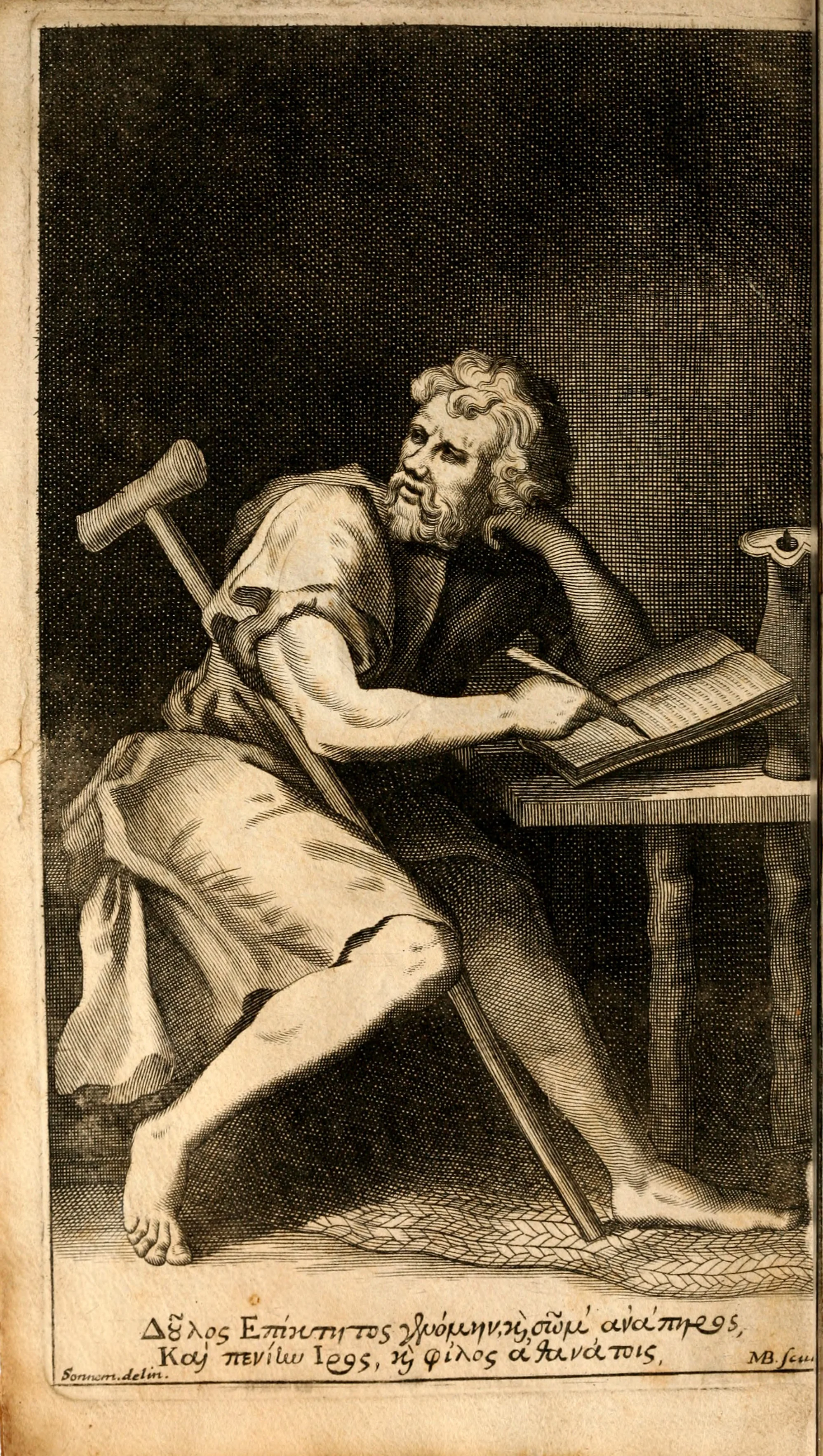I had Post-Traumatic Stress Disorder from 1995 until 2001. Seven years of fear, anxiety, depression and paranoia, which I feared would last forever. But I got better, thanks to a near-death experience.
Read MoreOur psyches are deeply connected to the material and symbolic worlds we weave around us. The habitat of our daily lives re-inforces our habits, for good and ill. All our stuff – our apartments, our clothes, our books, our TV, our online activity, our food, our relationships – helps make us who we are, in a powerful feedback loop.
Read MoreOn Monday, a new free online course is starting, exploring the mental health benefits of literature (you can sign up here). It's made by the author Paula Byrne and her husband, literary academic Jonathan Bate, and features interviews with Ian McKellen, Stephen Fry, Melveyn Bragg and others, about how poetry has helped them through difficult times.
Read MoreHow are you feeling? How well are you? Is your weight where you want it to be? Smoking too much? How happy are you on a scale of one to ten? Are you optimising your personal brand? How fast was your last five kilometre run? Would you like to share that via social media? Would you like a life-coach to help you overcome these challenges on a way to a better, happier, more awesome you?
Read MoreWatch out folks. There is a murky world lurking behind the scenes, a sinister cabal of policy-makers, psychologists, CEOs, advertizers and life-coaches, watching you, measuring you, nudging you, monitoring your every smile, all to try and make you happy. We must resist. This, broadly, is the message of sociologist William Davies’ book, The Happiness Industry: How Government and Big Business Sold Us Well-Being.
Read MoreThis week, I’ve been researching an ancient mnemonic technique called ‘the mind palace’, where people imprint a real or imagined building onto their memory - a palace, a mansion, a church, even a whole street - and then fill it with striking images, to which they attach bits of information they want to remember.
Read More100 years ago this year, James Joyce published Dubliners, his first book, in which he explored the lives of characters through what he called ‘epiphanies’. He’d been experimenting with epiphanies for some years, and even started to write a ‘book of epiphanies’, which he intended - with customary modesty - to send to every library in the world. You can read some of them here.
Read MoreJane Davis says that literature saved her life. She grew up in a broken home, with a single mum who died of alcoholism. She left home and lived in squats, with a husband who also eventually died of substance abuse.
Read MoreIn my research into ecstatic experiences, I've become interested in the idea of poetry as a door to transcendence. Has our imagination withered as scientific materialism became the dominant world-view? Have we lost poetry's subtler way of knowing in our desire for quantifiable and testable facts? Can we get it back?
Read More








